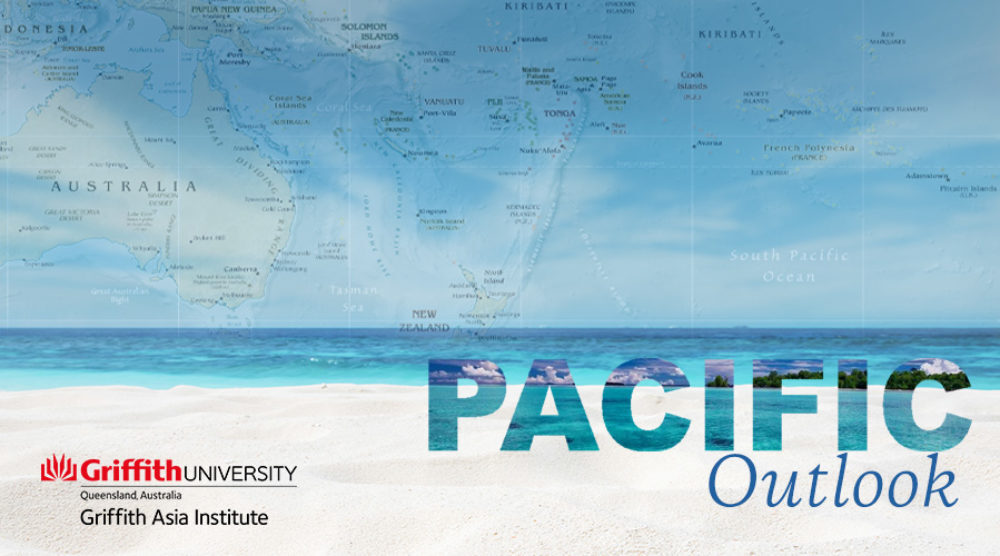Samoa steps up on regional ructions
The Prime Minister of Samoa, Tuilaepa Aiono Sailele Malielegaoi, has spoken publicly on two issues that touch on regionalism and regional unity. As one of the longest serving leaders of government in the region, Tuilaepa is no stranger to regional politics.
In the last week, he has made two announcements that are of interest. The first was a restatement of his invitation to provide a new home for the leadership and administration of the University of the South Pacific. This comes further to the deportation of the Vice-Chancellor Ahluwalia Pal, by the Fiji government.
Secondly, he has advocated for giving American Samoa full membership of the Pacific Islands Forum. American Samoa currently has observer status at PIF. Until 2016, full membership was only available to independent countries. However, that changed with the admission of New Caledonia and French Polynesia.
Vaccine variations
In Marshall Islands, the Secretary for Health has announced that his country will not be taking part in the global COVAX program. Secretary Niedenthal has advised that his expectation is that the country will be able to complete the necessary level of vaccination with supplies from the USA, via the Center for Disease Control. Withdrawing from COVAX will minimise the administrative burden on government, he claims.
Elsewhere, in Fiji, the Attorney-General Aiyaz Sayed-Khaiyum has raised the possibility of a vaccination passport as a way of being able to allow people to enter the country. The Fiji government is seeking to restart tourism as its primary means of restarting the economy that saw a severe contraction during 2020.
In a recent interview, Zed Seselja (Australia’s Minister for the Pacific and International Development) said that his country was focusing on providing ‘end to end’ support to Pacific island countries for vaccination rollouts.
Deep sea mining comes into focus
Recent research has highlighted the need for good data and dialogue to inform crucial decisions when it comes to deep sea mining (DSM)
The incoming Secretary-General of the Pacific Islands Forum, Henry Puna was a strong supporter of DSM whilst PM of Cook Islands. His successor, Mark Brown looks to be continuing that position, as a means of diversifying his country’s economy.
Countries such as Vanuatu and Fiji are much more cautious about going down this path and are on record saying that they need to know more about the science. In 2019, Fiji proposed a regional 10-year moratorium on DSM activities.
The International Seabed Authority (ISA) is looking to finalise regulations to govern DSM either this year or next. There are some concerned that the work of the ISA is too dominated by mining interests and that civil society voices are drowned out in the debate.
Strong interest in labour mobility options in Vanuatu
Recent awareness-raising sessions in Vanuatu about the Pacific Labour Scheme (PLS) have drawn strong interest. In the capital, Port Vila, people gathered in large numbers to register their interest to take part in the PLS. The scheme provides access to low and semi-skilled work opportunities in Australia for a three-year period.
Vanuatu is a well-established player in the labour mobility scene. It has a longstanding record of participation in both the Recognised Seasonal Employer programme in New Zealand and the Seasonal Workers Program in Australia.
Signalling a shift in approach when it comes to the PLS, the government is putting together a ‘work ready’ pool under the Department of Labour. This represents a much greater involvement of government than has been seen previously. Vanuatu authorities say this is to ensure greater fairness in terms of who gets the opportunity to participate.
Tess Newton Cain is an Adjunct Associate Professor at the Griffith Asia Institute and project lead of the Pacific Hub.








